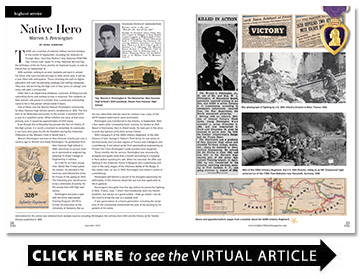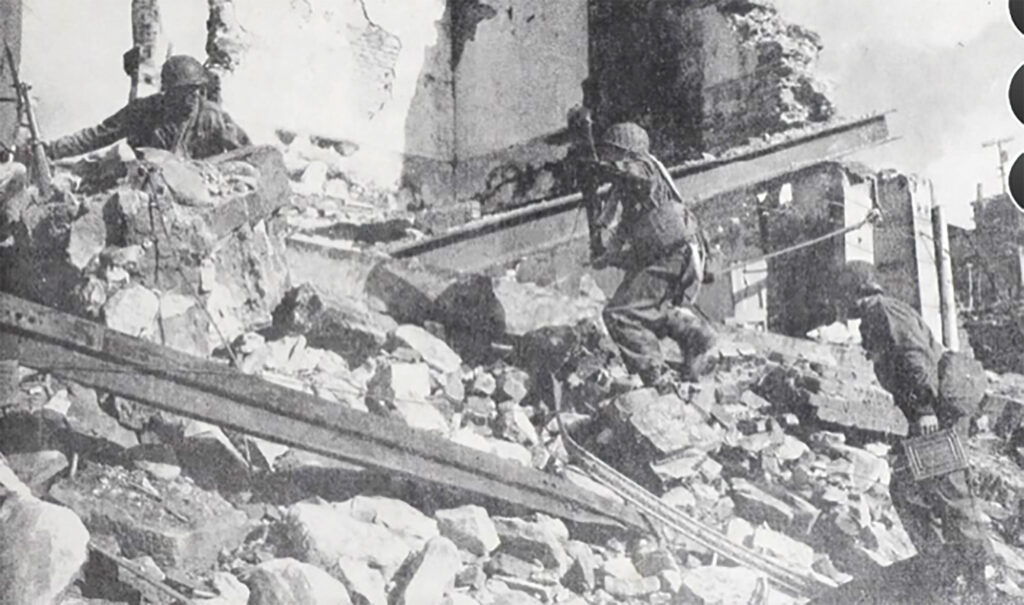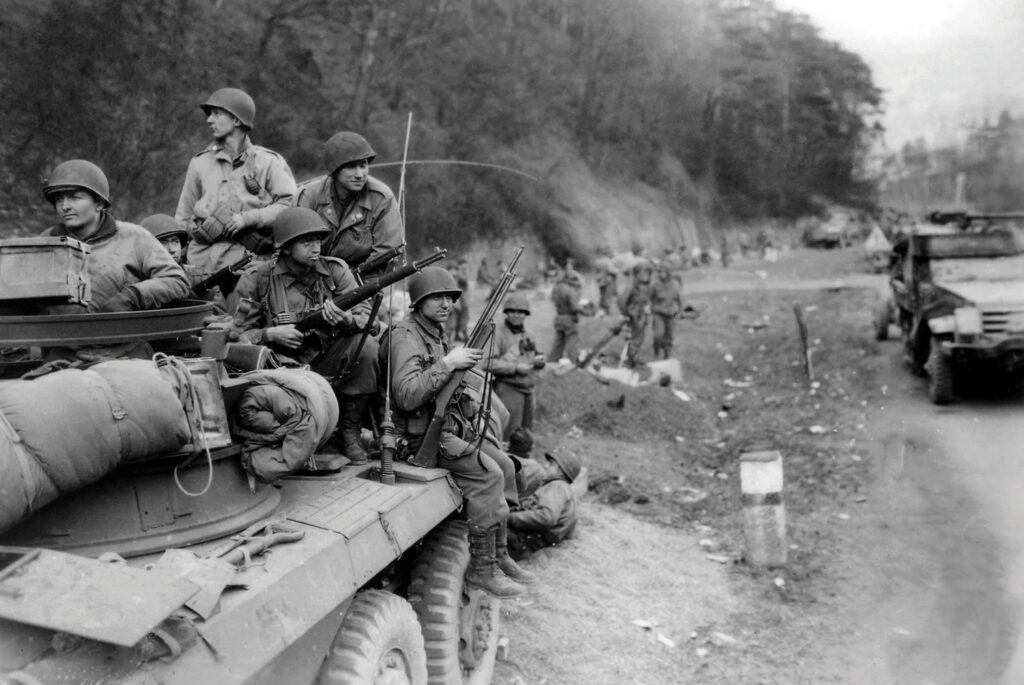
There are a number of national military service holidays in the month of September, including the Veterans of Foreign Wars, Gold Star Mother’s Day, National POW/MIA Day, Victory over Japan (V-J) Day, National Service Day, the birthdays of the Air Force and the Air National Guard, as well as Patriot Day on September 11.
With summer coming to an end, students are back in school. For those who have earned passage to their senior year, it will be a year filled with anticipation. Those choosing the path to higher education will soon be perusing catalogs and visiting campuses. They also will be facing the high cost of four years of college, and many will seek a scholarship.
Often this is an impersonal endeavor, a process of filling out and submitting forms and waiting to hear a response. Few students or their parents will pause to consider how a particular scholarship came to be or the person whose name it bears.
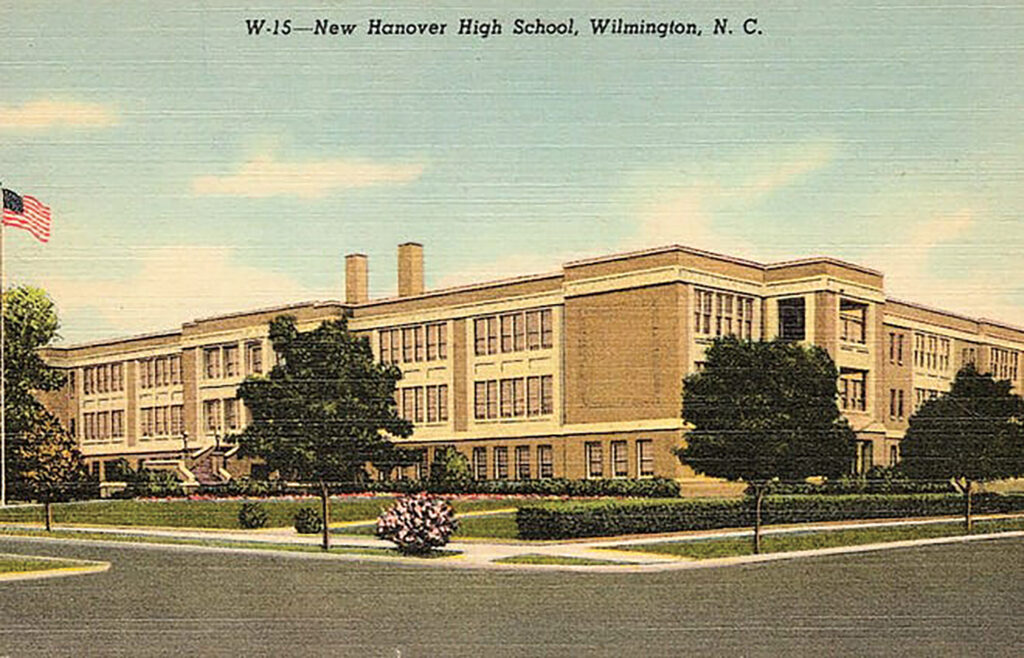
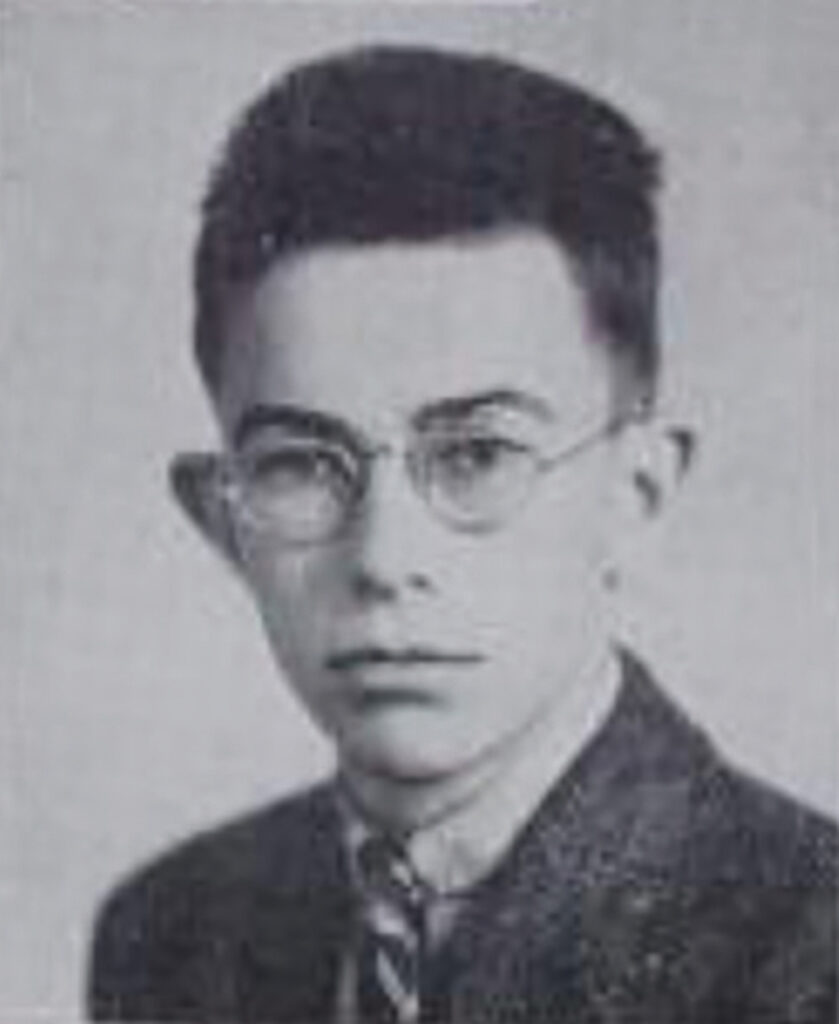
One of these was the Warren Stewart Pennington scholarship for New Hanover High School seniors, established in 1945. The first ever to be dedicated exclusively to the school, it awarded $200 a year to a qualified senior. While inflation ate away at that once princely sum, it would be approximately $3,400 today.
Even though this scholarship has passed into the rich history of the high school, it is worth a moment to remember its namesake, a war hero who gave his life for freedom during the Ardennes Offensive on the Western Front in World War II.
Warren Pennington was born in New Hanover County just over a century ago to Warren and Hazel Pennington. He graduated from New Hanover High School in 1940 and chose to pursue studies in aeronautical engineering, entering Tri-State College of Engineering in Indiana.
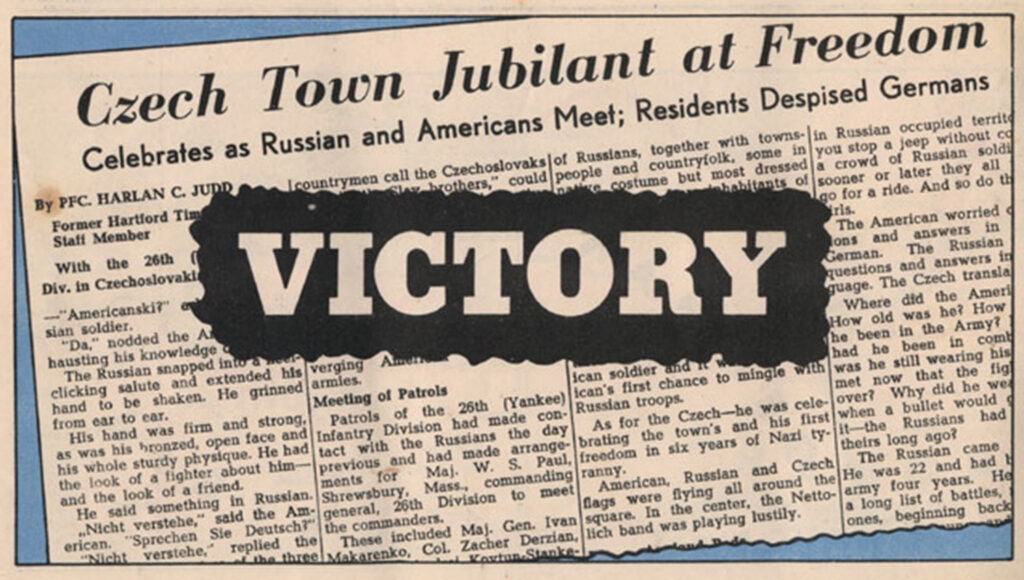
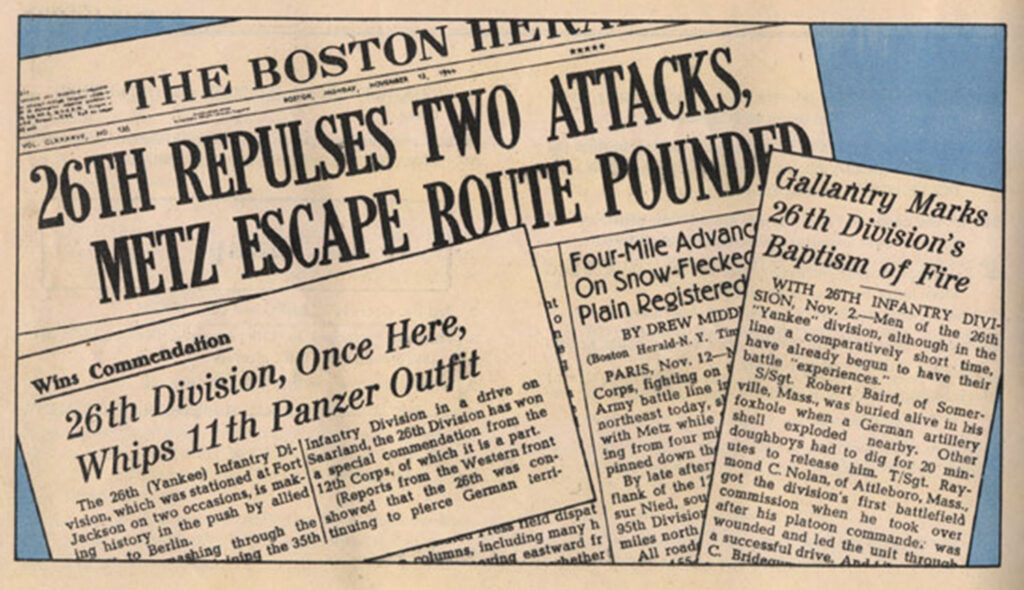

As it did for so many young men, World War II interrupted his studies. He enlisted in the reserves and entered the Army Air Forces in the spring of 1943. The following year would prove to be a whirlwind of activity for the young man with high aspirations.
Pennington secured a spot with the Army Specialized Training Program (ASTP) to further his education at the University of Alabama. But as the war intensified and the need for soldiers rose, many of the ASTP student deferments were terminated.
Pennington was transferred to the infantry. In September 1944, a few weeks after completing basic training, he landed at Utah Beach in Normandy, then in Allied hands. He took part in the drive to push the German army back across France.
With Company K of the 328th Infantry Regiment, in the 26th Division of Gen. George S. Patton’s Third Army, he saw action in the Normandy and Lorraine regions of France and in Belgium and Luxembourg. It was about as far from aeronautical engineering as Private First Class Pennington could possibly have imagined.
Three months into his service, Pennington was wounded by shrapnel and spent more than a month recovering in a hospital in Paris before rejoining his unit. When he returned, the 26th was fighting in the Ardennes Forest in Belgium and Luxembourg and soon in the early stages of the infamous Battle of the Bulge. A few weeks later, on Jan. 4, 1945, Pennington was killed in action in Luxembourg.
Pennington left behind a record of his thoughts expressing his philosophy, in this instance about the war but also applicable to life in general.
Pennington’s thoughts from the day before he joined the fighting in Metz, France, read, “I shan’t then heedlessly dash into foolish positions, but always as a good soldier, I shall go where I can do the most to bring this war to a speedy end.”
It was good advice to a future generation, including the recipients of the scholarship established the year of his passing by his parents in his name.
Information for this article was obtained from multiple sources including Wilmington Star articles from 1945 and the History of the Yankee Division published in 1955.
